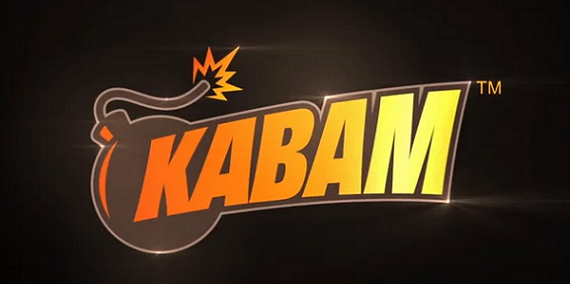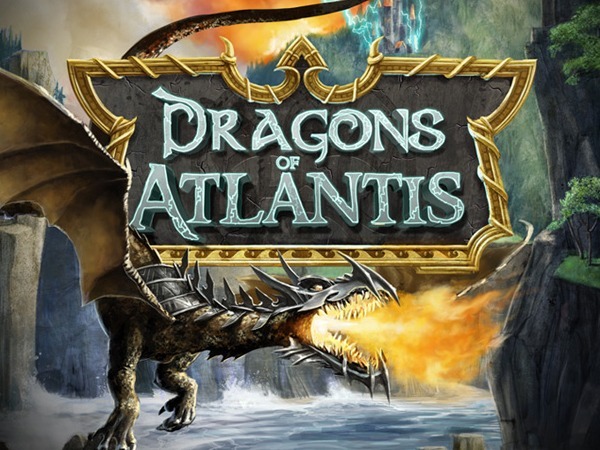
Kabam is one of the better-known gaming studios out there right now. Not only is the company a unicorn (sorry, I know a lot of people are getting sick of hearing that word) but last year, it reached a record level in revenue.
But where does all of its money come from?
There are a few ways that gaming companies can make money. They can charge users every time they download. They can can go the advertising model, though that one is notoriously hard to pull off withou distrupting gameflow.
Kabam goes the freemium model, which is one that many people should be familiar with, especially if they ever played Candy Crush. Kabam’s games are free to download and free to play. The company generates all of its revenue from customers paying for virtual goods in the games.
That means that, while playing the games, Kabam players can purchase items such as property, weaponry, upgrades and more for as little as a couple of dollars in order to speed up gameplay and engage in more robust activity.
Players user Kabam Rewards, a rewards program that allows them to earn points by playing games. The point can then be redeemed in-game currency. They can earn 10 points for every $1 they spend on a purchase of in-game currency.
This model has worked wonders for Kabam, as the company hit $400 million in revenue for the first time in 2014, up from the $360 million in revenues it saw the year prior. The company has now grown for five consecutive years. Profitable since 2012, Kabam is now over 10 times larger than it was four years ago.
Founded in 2009, Kabam’s games include Marvel Contest of Champions, Fast & Furious: Legacy, Spirit Lords, The Hobbit: Kingdoms of Middle-earth, and Kingdoms of Camelot: Battle for the North and more.
2014 was a good year for Kabam’s games, as four of them surpassed $100 million in lifetime revenues and 12 Kabam games grossed more than $1 million per month. Last year, Kabam had two of the top ten grossing apps in the App Store.
Despite those impressive numbers, they were actually lower than the company had expected, with Co-Founder and CEO Kevin Chou putting the blame on “newer divisions” which he said “underperformed.”
In addition, he said that Kabam “intentionally dialed down other revenue-generating opportunities to better position Kabam for the long term,” though he did not clarify what those other opportunities were.
Kabam has raised $245 million, most recently taking $120 million from Chinese Internet giant Alibaba in August of 2014. As part of that deal, Alibaba agreed to publish Kabam’s mobile games in China across its mobile applications, including Mobile Taobao and Laiwang. The round also valued Kabam at just north of $1 billion.
It has also purchased nine other studios, including Exploding Barrel Games, Phoenix Age, and, most recently, TapZen and Magic Pixel. The two studios will be merged into a new Kabam branded Los Angeles studio.






















